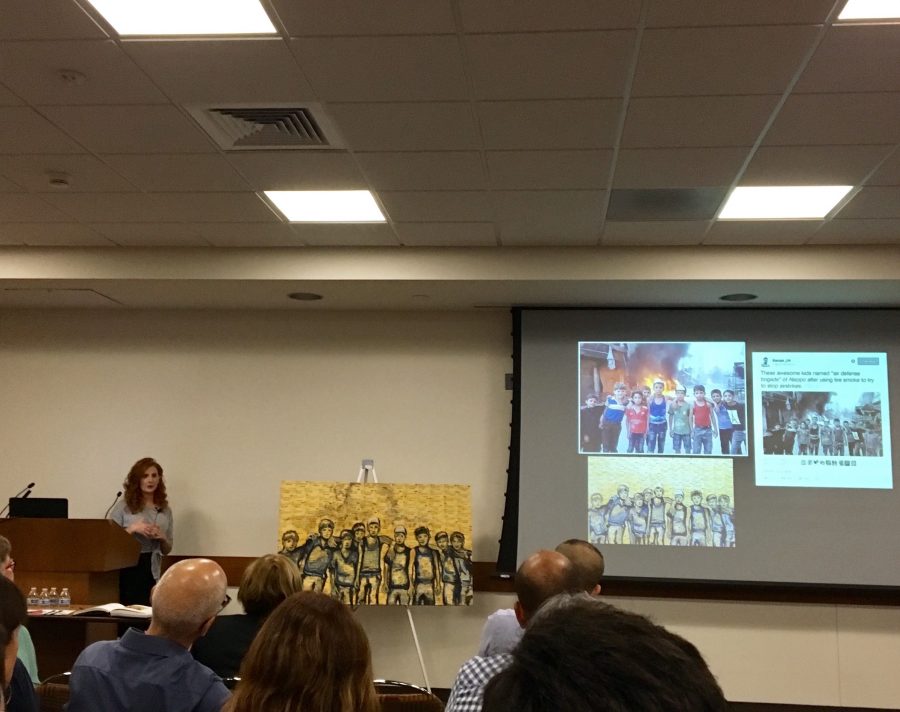The Television, Film and New Media department at San Diego State has received acknowledgement for its distinguished talent in the past. Most recently, a student by the name of C.J. Capes received the opportunity of a lifetime, and kindly shared his endeavors for this special edition.
Capes told The Daily Aztec Actuality Media is a philanthropic production company that works with student filmmakers. The company looks for “changemakers” to present their causes by writing and directing a documentary. Of the four U.S. film students chosen to partake in this Central American venture, Capes was the only one recognized as a participant from the West Coast.
From July to August, Capes’ assignment was to capture a Guatemalan outreach project known as CasaSito. “The purpose of the program is to improve students’ education by increasing fundraising to keep after-school programs stay active,” he said. “This scholarship program sponsors students to engage in higher education and helps them avoid working in the fields so much, while encouraging them to attend school to improve the quality of life for themselves, their families and their community. Most importantly, the program funds and supports critical thinking where it isn’t offered.”
He went on to discuss how additional motivation is emphasized through other venues that include art, music and dance. While these other programs are independent, they are still supported by CasaSito. Capes said a music festival is presented at the end of the program’s term.
“Partner projects from all over Guatemala come to celebrate the completion of the program as a method of not only enhancing creativity, but also encouraging positive self-esteem,” Capes said.
The documentary follows one student, Paulino, who aspires to become an accountant. Capes mentions narrative film guidelines, learned through SDSU’s TFM department, were applied to the making of this documentary.
“Covering more than one program was one of the biggest challenges. Time, however, was his biggest challenge overall; getting to build a rapport with the protagonist and his family within a matter of just a few days was critical,” Capes said.
Raw filming began as soon as the team landed in Antigua, Guatemala. Seven to nine days of setting interviews and shooting were handled without a script, but managed professionally with a genuine goal to present this real story. Ideally, he affirmed he wanted to become a cinematographer in, “anything that involves travel, documentary filmmaking and helping people.”
The target audience for this documentary is anybody who can make a change: student filmmakers, donors or volunteers. Ultimately, the message the film projects is one the entire world can learn from. “CasaSito teaches individuals to speak outloud, to become a better person that will better any situation, rather than escape the situation,” Capes said.
The Third World experiences left this young filmmaker yearning for more opportunities. One of the most inspiring things Capes addressed in the interview is why he truly wants to continue doing this. “The whole experience reinforced my desire to pursue a career in documentary filmmaking furthe,” he said.
Lastly, he said it’s exciting to be representing the West Coast and SDSU. He feels he is more prepared because of the classes offered at this college and credits professor Mark Freeman as his greatest mentor. When asked if he had a next project on the way he said, “Perhaps, with time permitting, I’ll make a mini-documentary about the skateboard protest on campus.”
Capes dreams of one day having his documentaries on Netflix. For the time being, those who are interested can find them at: actualitymedia.com/portfolio/casasito







